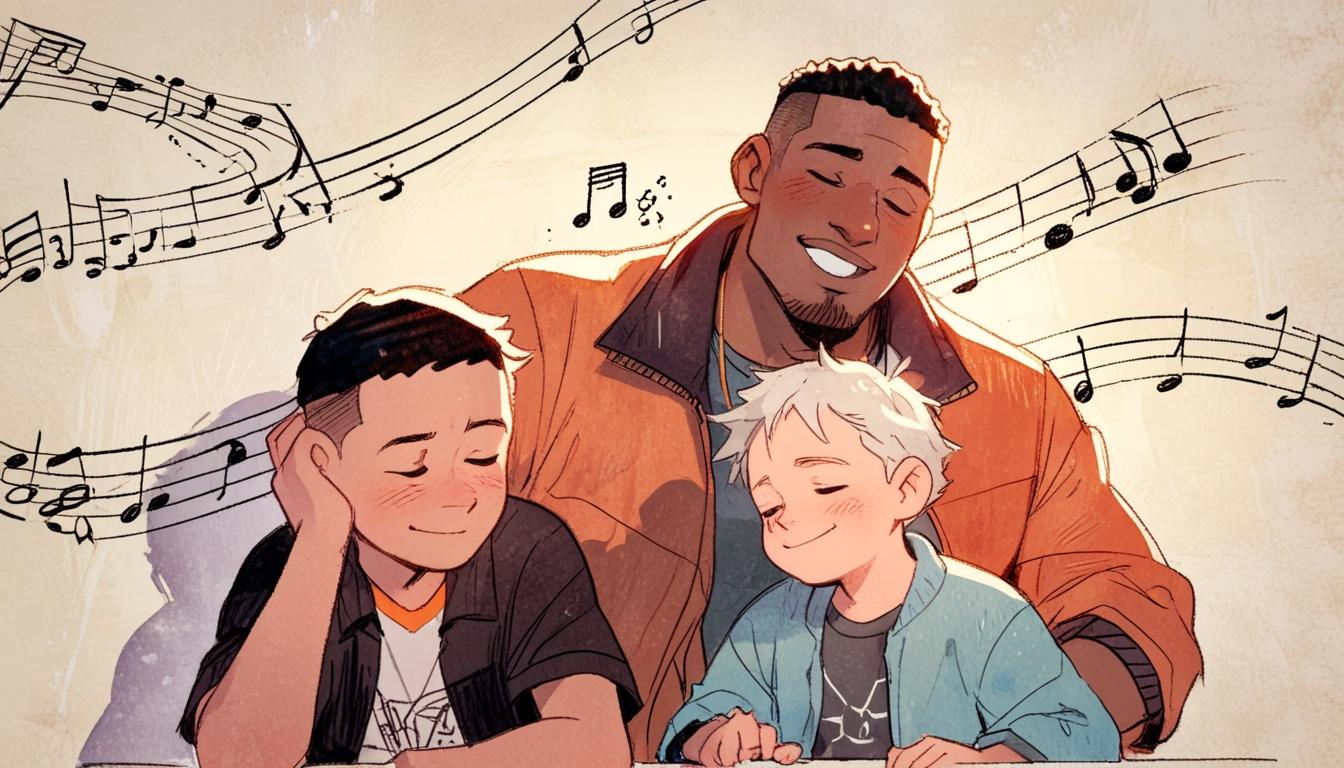Nkem Ifejika, a Brighton-based journalist, reflects on the profound influence hip-hop has had on his life, stating that the genre has shaped his identity by teaching him “how to dress, how to speak, how to be a black man.” However, as his young son begins to explore music, Ifejika finds himself grappling with concerns about certain aspects of hip-hop that he feels have not aged well.
“I’m hearing it differently now – the swearing, the misogyny, the violence and the drug references,” Ifejika remarked, voicing his apprehensions about the explicit language prevalent in many hip-hop tracks. Phrases laden with profanity and derogatory terms, once dismissed as part of the genre's raw expression, now weigh heavily on his mind as a father. “Suddenly, I don’t feel like the carefree person I was when I first heard this music,” he added, expressing a sense of unease about potentially having to limit his son's engagement with the genre.
This internal conflict is the central theme of the BBC Radio 4 documentary titled Hip-Hop Homework, which follows Ifejika as he embarks on a quest to navigate these challenges. He sets out to complete “hip-hop homework,” seeking guidance from peers and experts on how to introduce his love for the genre to his son in a healthy manner.
Throughout the documentary, Ifejika engages in dialogue with several prominent figures, including his schoolfriend and actor Babou Ceesay, American sociologist Tricia Rose, and Dr Abenaa Owusu-Bempah from the London School of Economics’ School of Law. He also shares candid conversations with his son about the music, aiming to create an open dialogue around the content they encounter.
A portion of the documentary includes vox pops recorded outside Chalk in Brighton, where fans gathered to watch rapper Jpeg Mafia perform. These snippets capture the diverse perspectives within the hip-hop community.
Among the insightful voices featured in the programme is comedian Romesh Ranganathan, who resides in Crawley and has curated a child-friendly hip-hop playlist for his own three sons. Ranganathan discusses the importance of contextualising the lyrics while listening to hip-hop with children, advising Ifejika against framing the genre as “forbidden and dangerous,” which could add an allure that he wishes to avoid.
Ultimately, Ranganathan encourages Ifejika to “worry less,” suggesting that an open and informative approach to music can foster a healthy relationship between his son and the genre.
The documentary, executively produced by Brighton resident Rami Tzabar and partially recorded at the local studio Brown Bear, aims to bridge the gap between the cherished music of the past and the present-day realities of parenting in a changing cultural landscape.
Source: Noah Wire Services
